Designed, produced & marketed by CFM International, the LEAP-1A powers the new-generation Airbus A320neo single-aisle jet.
15% reduction in fuel consumption and CO2 emissions*
*Compared to previous-generation engines.
Up to 50% reduction in NOx emissions*
*In accordance with the ICAO’s CAEP/6 environmental standard.
Meets the most stringent noise standards (ICAO’s Chapter 14)
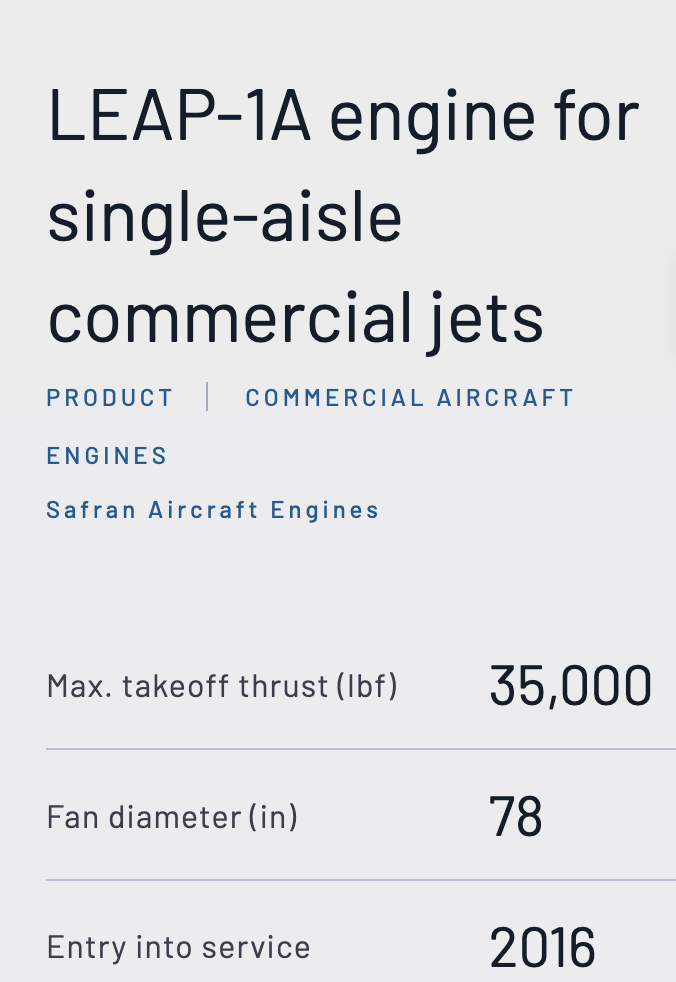
Designed to meet the challenge of decarbonizing air transport, the LEAP-1A engine offers A320neo operators enhanced performance in terms of fuel consumption and CO2 emissions (15% lower1), NOx emissions (up to 50% lower2) and noise (in accordance with Chapter 14).
1. Compared to previous-generation engines.2. In accordance with the ICAO’s CAEP/6 environmental standard.
To achieve its remarkable performance, the LEAP-1A is packed with innovative technologies and materials. The use of a 3D woven composite material and the RTM (resin transfer molding) process developed and patented by Safran Aircraft Engines makes it possible to produce fan blades that are lighter, stronger and more durable. The low-pressure turbine blades are machined from an innovative titanium-aluminide alloy that is lighter and more resistant to high temperatures. The low-pressure turbine rings and blades are made of CMC (ceramic matrix composite) materials, and the fuel injectors are 3D printed.
Thanks to Factory 4.0 facilities and unique production processes, Safran Aircraft Engines has achieved a production ramp-up that is unprecedented in commercial aviation history. The LEAP engine final assembly line in Villaroche, near Paris, has been awarded the “Showcase for the Industry of the Future” label in France
With the LEAP-1A engine’s success, Safran Aircraft Engines has set up a powerful logistics organization to meet strong customer demand. Its supply chain calls on more than 150 direct suppliers in 14 countries. Building on a long-term partnership approach, Safran Aircraft Engines helps suppliers continuously improve their operational performance in terms of quality, costs and lead times. This organization has largely contributed to the success of the production ramp-up.
Yes, we retrofit legacy systems (e.g., GE Frame 5, Siemens V94.2) with modern digital controllers, typically completing hardware integration within 4-8 weeks. Software migration requires additional validation time.
We recommend annual performance testing under ISO 3977-2 standards. Critical applications (e.g., offshore platforms) may require semi-annual tests with emissions compliance checks.
All rad-hard devices (e.g., FPGA, ADC) are QML Class V certified under MIL-PRF-38535 and tested to MIL-STD-883 Method 1019 for SEU tolerance. Full qualification reports are available upon request.
Our ASICs and power management ICs operate across -55°C to +175°C ambient temperatures, with derating curves provided in military temperature range (MTR) datasheets.
Our PMA parts (e.g., actuators, sensors) hold FAA/EASA Form 1 certification and match OEM form/fit/function. Installation requires SB/MB documentation per FAA AC 23.1529.
All NAS/MS fasteners include full DNA traceability: melt source (AMS 2301), heat/lot numbers, and AS9100-compliant MTRs with ultrasonic test reports.
AOG orders ship within 4 hours for stocked items (FAA-PMA, EASA Part 21G). Non-stock critical parts trigger priority manufacturing with 72-hour max turnaround.
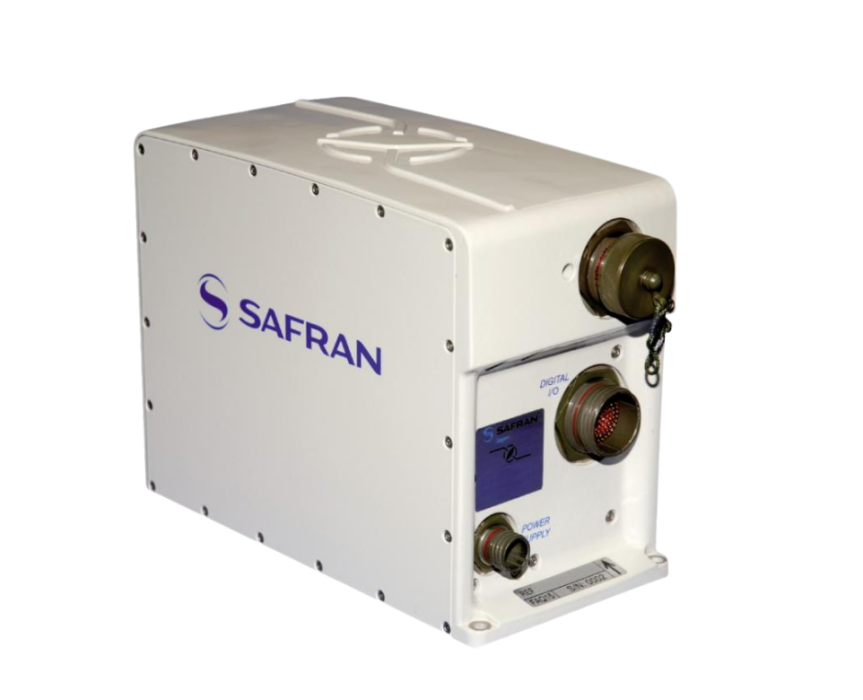
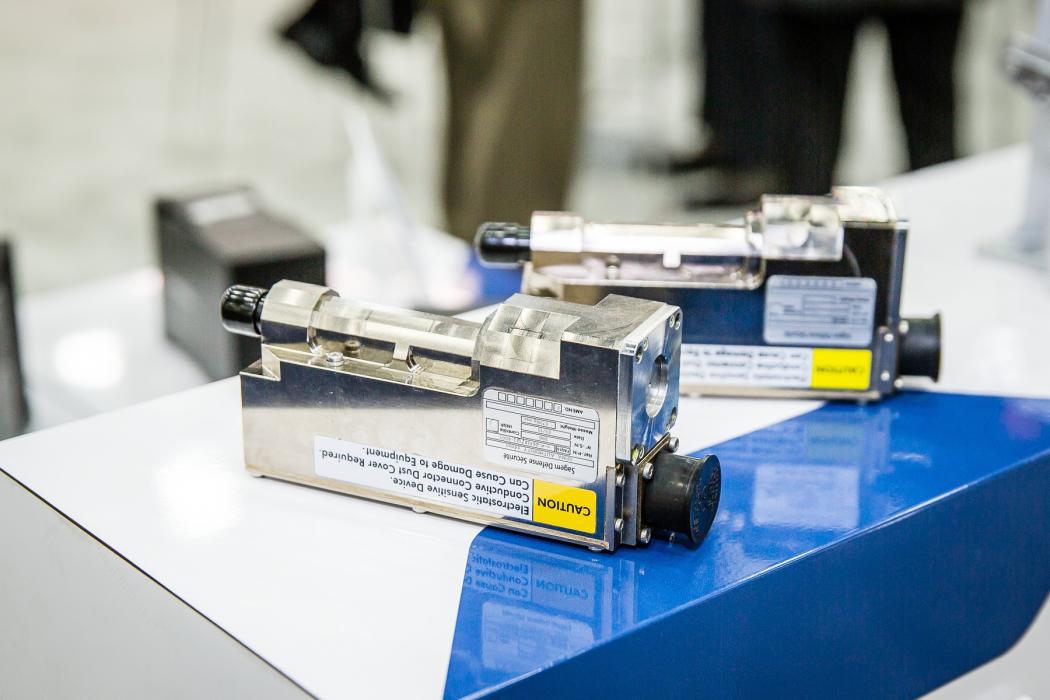
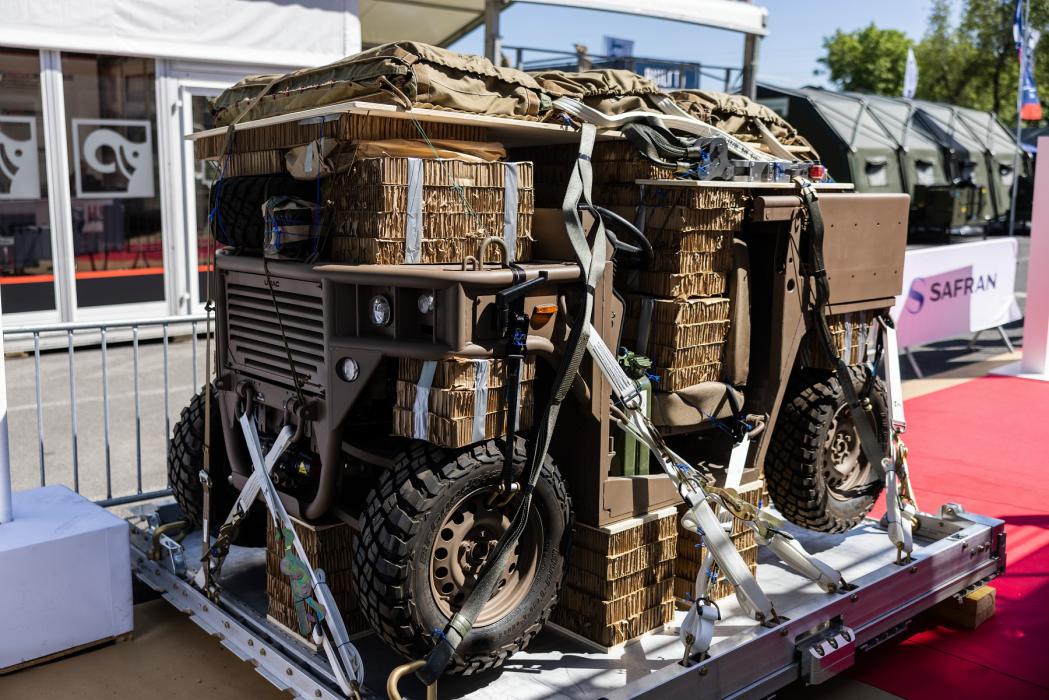
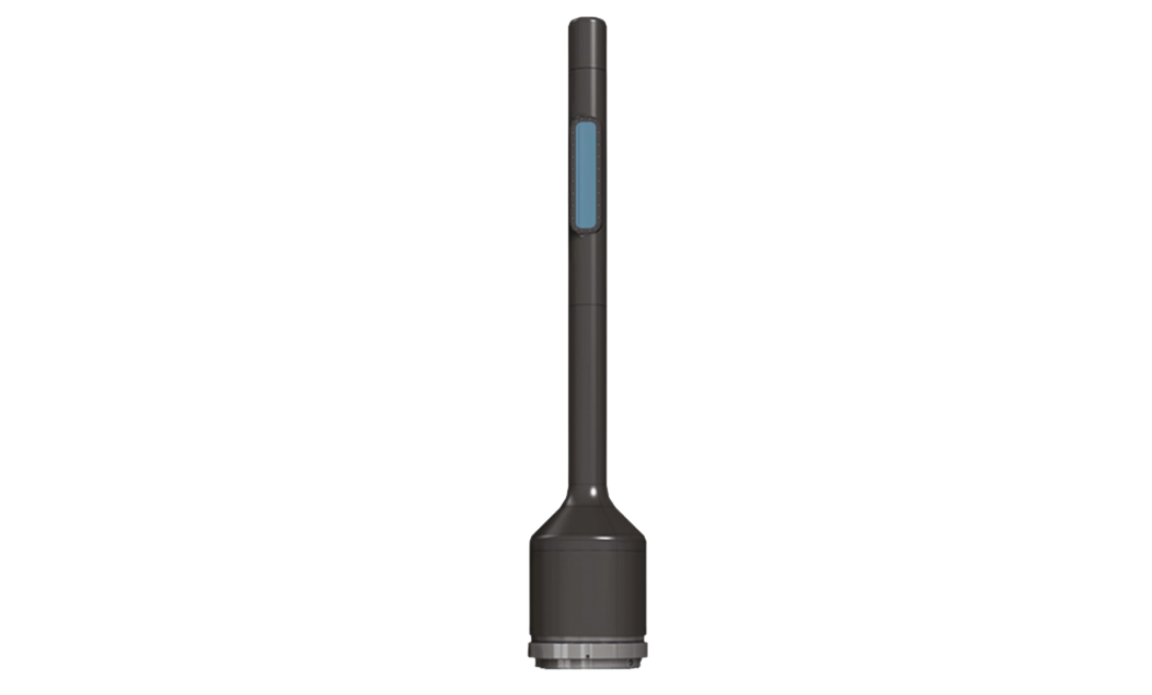
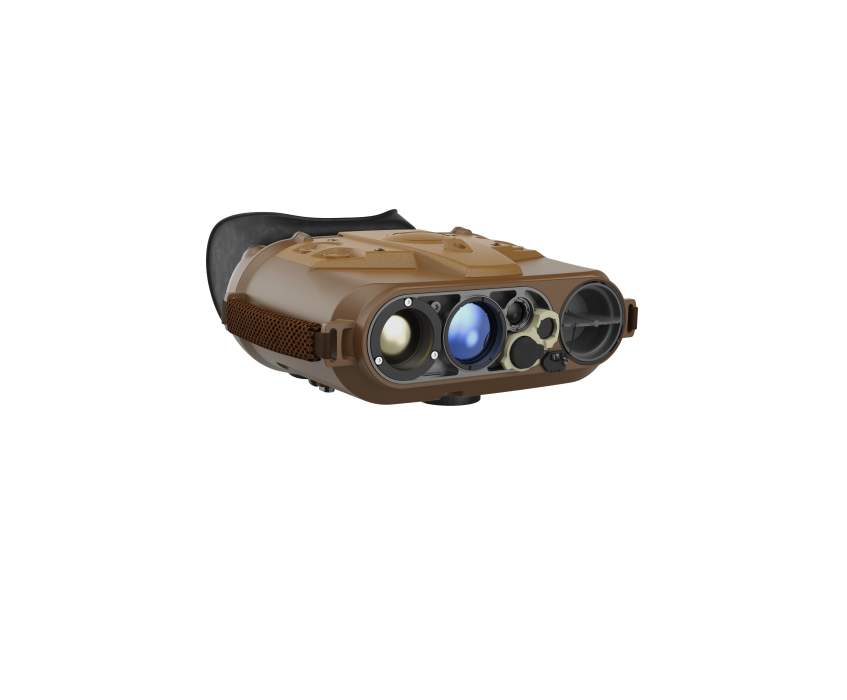
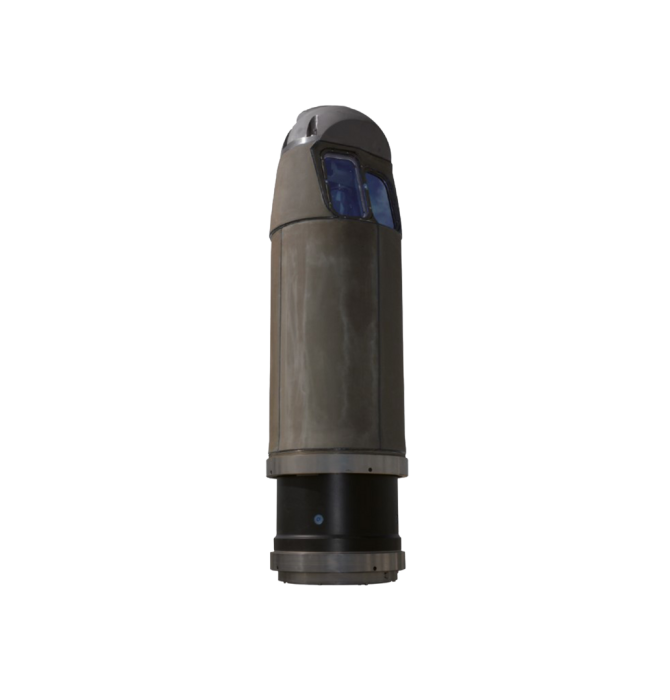
 Gas Turbine
Gas Turbine
 Aircraft parts
Aircraft parts